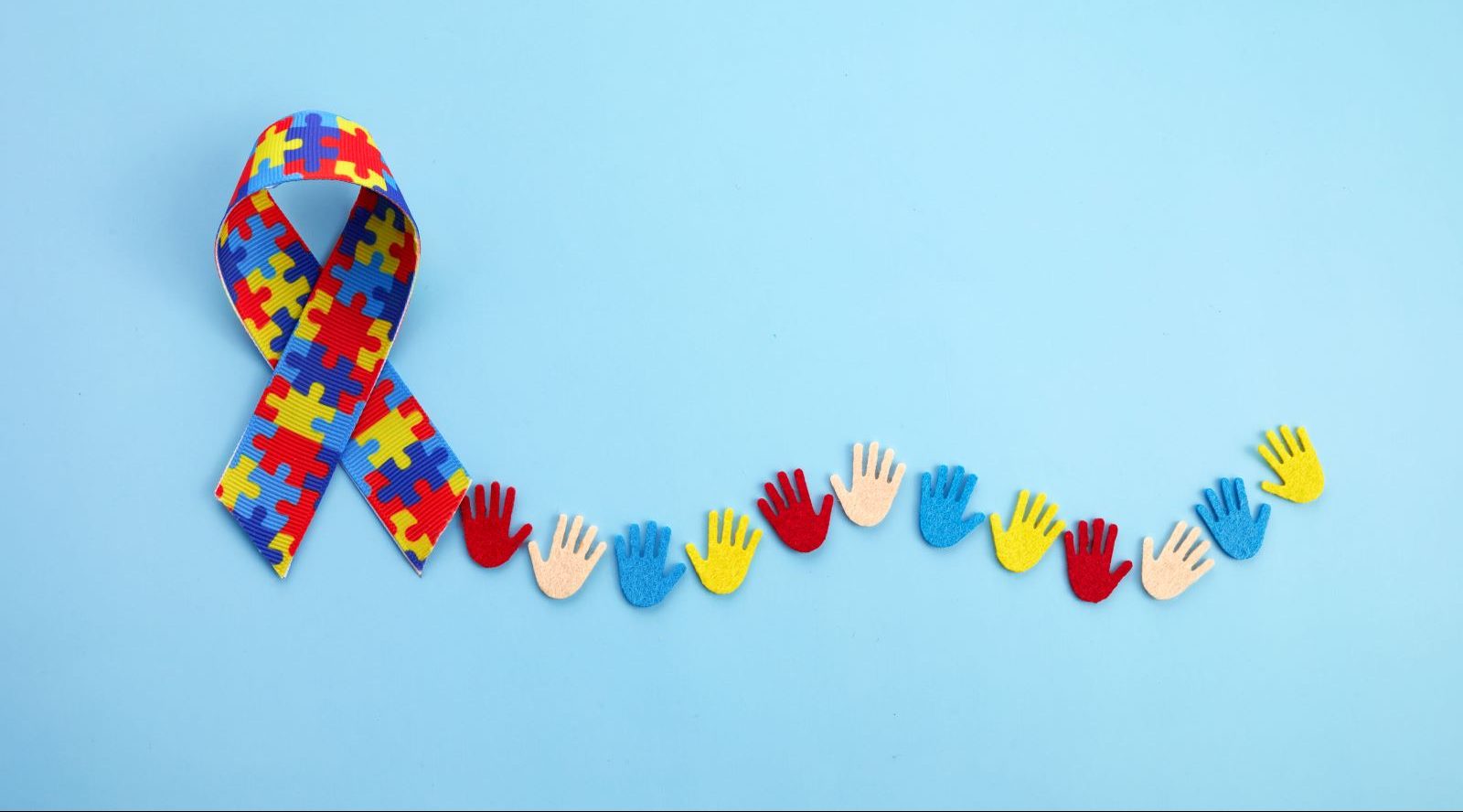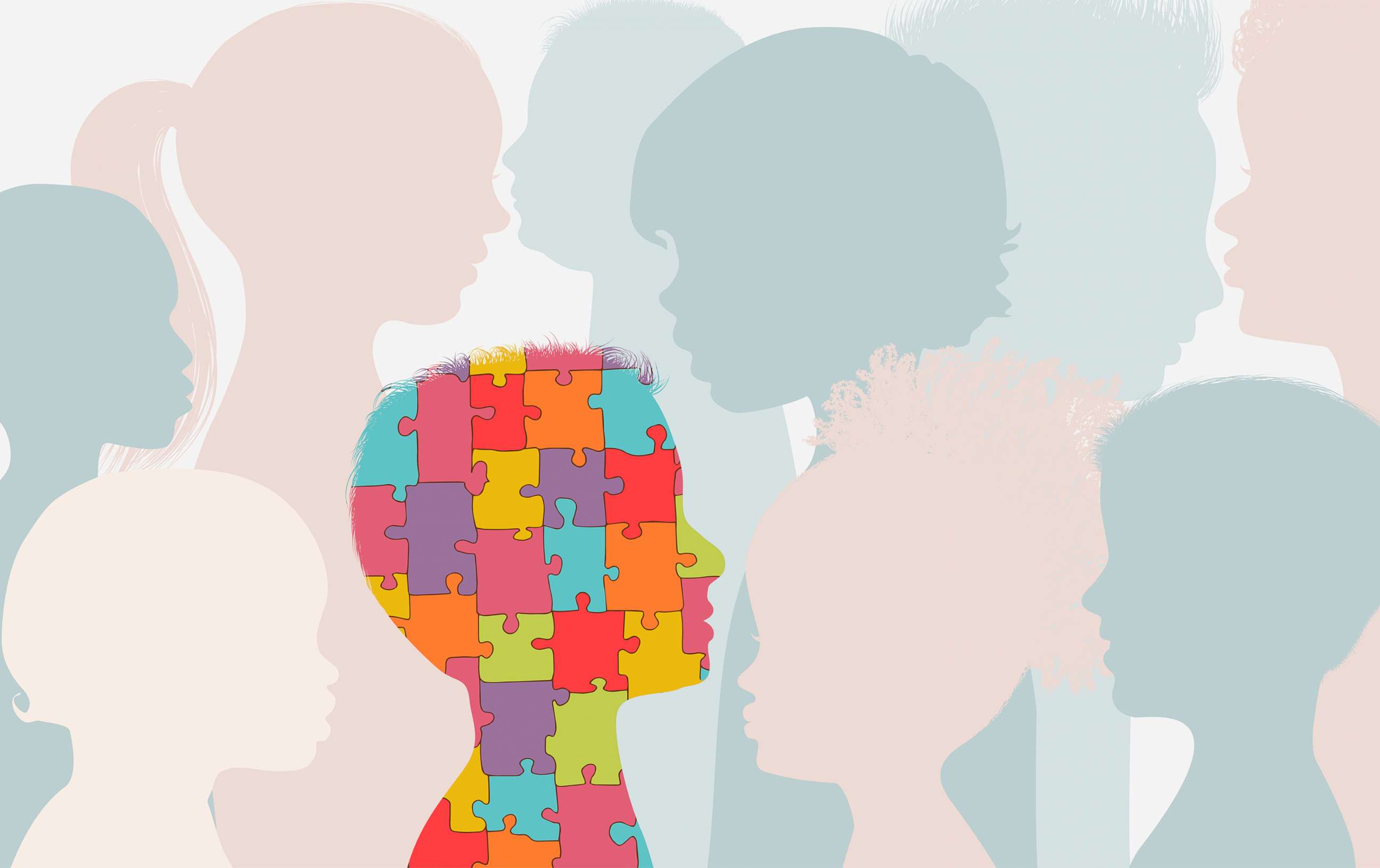Comprehending Autism: A Comprehensive Guide to Symptoms And Signs
Autism Spectrum Condition (ASD) incorporates a vast array of characteristics that can dramatically affect a person's social interactions and day-to-day functioning. Understanding these nuances not just help caregivers and teachers in giving suitable assistance but additionally cultivates a more comprehensive setting for people with ASD.
Overview of Autism Spectrum Disorder
Defining Autism Spectrum Disorder (ASD) involves acknowledging it as a complex neurodevelopmental condition defined by a variety of challenges in social communication, communication, and behavior patterns. The term "spectrum" shows the vast irregularity in signs and their severity, which can differ substantially from one person to an additional. ASD normally manifests in very early youth, although some individuals might not get a diagnosis until later on in life.
Variables affecting the development of ASD include ecological aspects and hereditary tendencies, although the specific causes stay under examination. Diagnosis often relies upon behavioral evaluations, as there are no clear-cut medical tests for ASD. Early treatment is essential and can significantly boost results, concentrating on boosting interaction skills, social communications, and flexible habits.
People with ASD may likewise exhibit unique strengths, such as phenomenal interest to detail or particular locations of knowledge. Understanding the multifaceted nature of ASD is essential for fostering a comprehensive setting that suits neurodiversity. Continued research is essential for establishing reliable interventions and support group, allowing people with ASD to flourish and accomplish their potential within culture.
Usual Indicators of Autism
Acknowledging the usual indications of Autism Spectrum Condition (ASD) is crucial for early identification and treatment. These indications can differ extensively in seriousness and discussion, but particular features are frequently observed in individuals with ASD.
Among one of the most prevalent signs is a significant trouble in establishing and maintaining eye get in touch with. Individuals may additionally show limited interest in social interactions and reveal a preference for solitary play. Repetitive behaviors, such as hand-flapping, shaking, or spinning objects, often emerge early in childhood. Furthermore, some youngsters may create stringent regimens and become distressed if these regimens are interfered with.
Sensory level of sensitivities are additionally usual; individuals might underreact or panic to sensory stimulations, such as lights, audios, or textures. autism. Language growth can be atypical, with some children exhibiting postponed speech or using language in unusual means, consisting of echolalia-- repeating phrases or sentences heard in other places
It is vital to note that not every person with ASD will present all these indicators, and the degree of these behaviors can vary substantially. Early acknowledgment permits prompt support and resources, enhancing the lifestyle for those on the range.
Social Interaction Difficulties
Social interaction difficulties are a hallmark of Autism Range Condition (ASD), influencing a person's capability to engage effectively with others. These difficulties can materialize in various ways, consisting of difficulties in initiating and keeping discussions, understanding social cues, and reacting suitably in social interactions.
Individuals with ASD may fight with nonverbal communication, such as eye get in touch with, face expressions, and body language. This can bring about misconceptions, as their communicative intent might not be correctly translated by others. They might locate it tough to grasp the subtleties of tone and context, which are important for reliable interaction.
In team settings, people with ASD may feel overwhelmed and might not recognize how to sign up with in conversations (autism). They may also display irregular conversational patterns, such as monologuing about specific rate of interests without recognizing social reciprocity
In addition, these difficulties can result in social seclusion or difficulties in creating partnerships, as peers may misinterpret their behavior or communication design. Comprehending these social interaction challenges is vital for cultivating encouraging environments that advertise social skills advancement and enhance the high quality of communications for individuals on the autism range.
Sensory Feedbacks and sensitivities
Lots of people with Autism Spectrum Condition (ASD) experience enhanced sensory sensitivities that can considerably impact their day-to-days live. These sensitivities may manifest as over-responsiveness or under-responsiveness to sensory stimulations, including noises, lights, appearances, preferences, and scents. A person with ASD may locate everyday sounds, such as a vacuum cleaner or crowded environments, extremely distressing, leading to anxiety or disasters. Alternatively, some might show an indifference to discomfort or extreme temperatures, which can pose safety problems.
Sensory handling distinctions in people with ASD can also influence their capability to take part in social visit interactions and regular tasks. For example, a kid who is sensitive to touch might withstand physical affection or stay clear of certain clothes materials. Conversely, a preference for sure structures or preferences can limit dietary choices and create difficulties throughout mealtimes.
Comprehending these sensory level of sensitivities is crucial for acknowledging the unique experiences of individuals with ASD. Awareness of their sensory profiles can promote better communication and assistance techniques, developing an environment that fits their demands and enhances their top quality of life. Inevitably, acknowledging sensory sensitivities is a vital part of understanding the more comprehensive range of autism.

Supporting People With Autism
Effective support for individuals with Autism Range Disorder go to the website (ASD) is vital for enhancing their general well-being and fostering freedom. Assistance approaches need to be tailored to meet the distinct demands of each person, considering their staminas and difficulties.

Social skills training can additionally play a critical role. autism. Engaging individuals in team activities or role-playing circumstances can boost their capacity to navigate social interactions. Furthermore, it is vital to enlighten household members, caregivers, and peers regarding ASD to foster a inclusive and encouraging area
Conclusion
To conclude, a comprehensive understanding of Autism Range Condition is vital for identifying its indications and signs. Early recognition of common characteristics, such as social interaction challenges and sensory sensitivities, enables caregivers and instructors to apply reliable interventions. By cultivating enhanced communication and social abilities, individuals with autism can browse their environments a lot more effectively. Ultimately, boosted recognition and assistance can substantially improve the quality of life for those impacted by ASD.
Autism Range Problem (ASD) incorporates a broad range of characteristics that can dramatically affect an individual's social communications and daily functioning.Individuals with ASD might battle with nonverbal interaction, such as eye contact, face expressions, and body language.Numerous individuals with Autism Spectrum Condition (ASD) experience heightened sensory level visit here of sensitivities that can dramatically affect their daily lives.Sensory handling differences in people with ASD can additionally influence their capacity to involve in social interactions and routine tasks.Understanding these sensory sensitivities is vital for recognizing the one-of-a-kind experiences of individuals with ASD.
Comments on “Navigating Social Difficulties: Tips for Individuals Living with Autism”